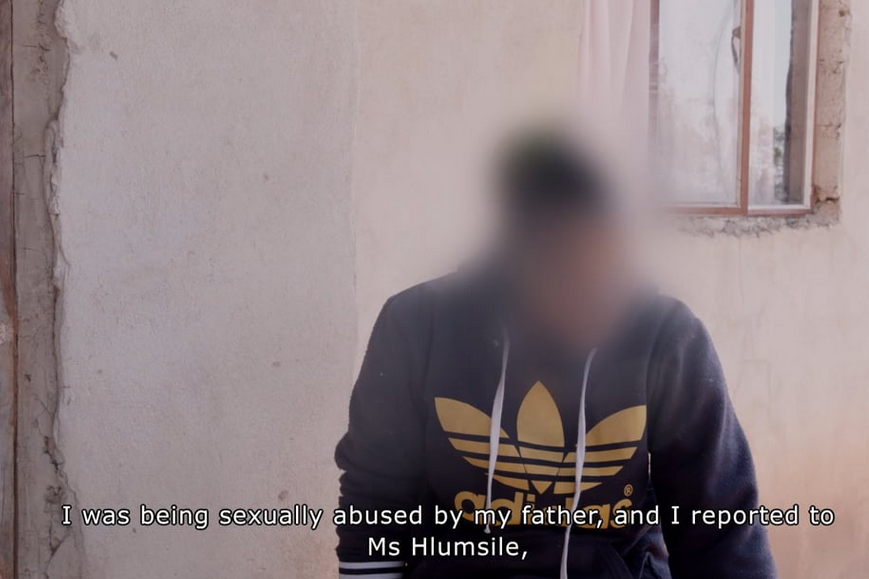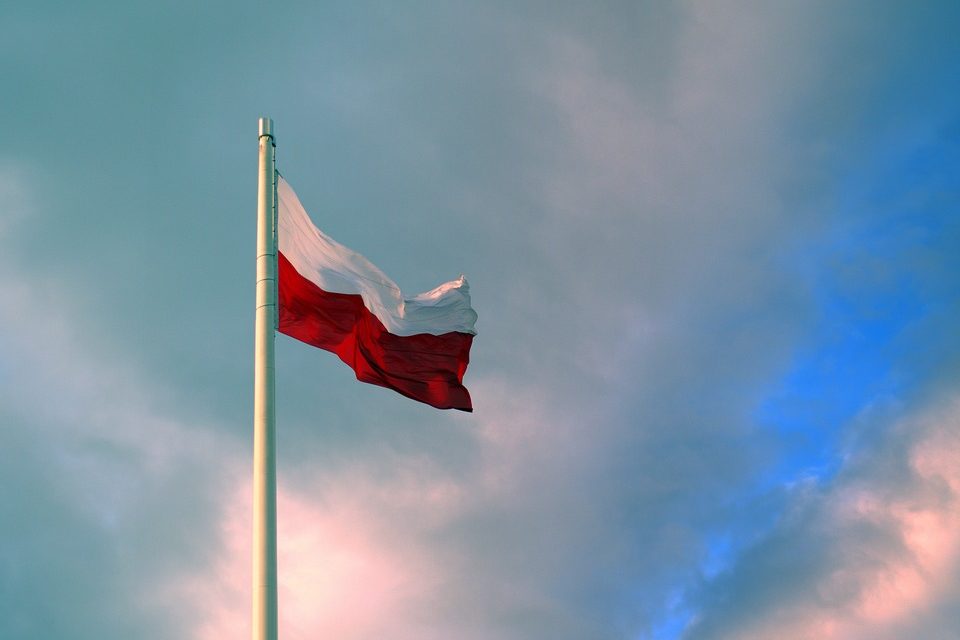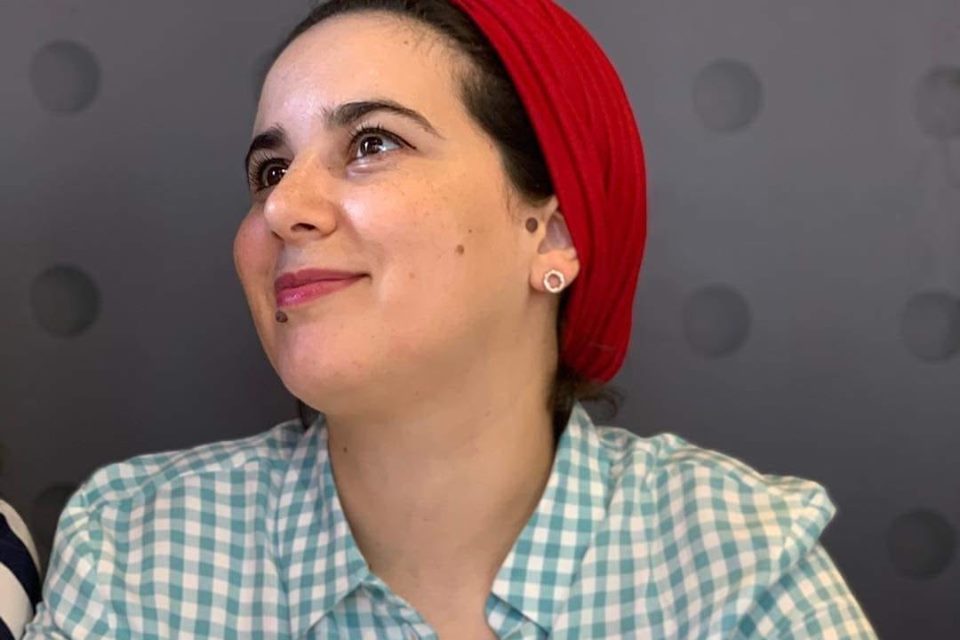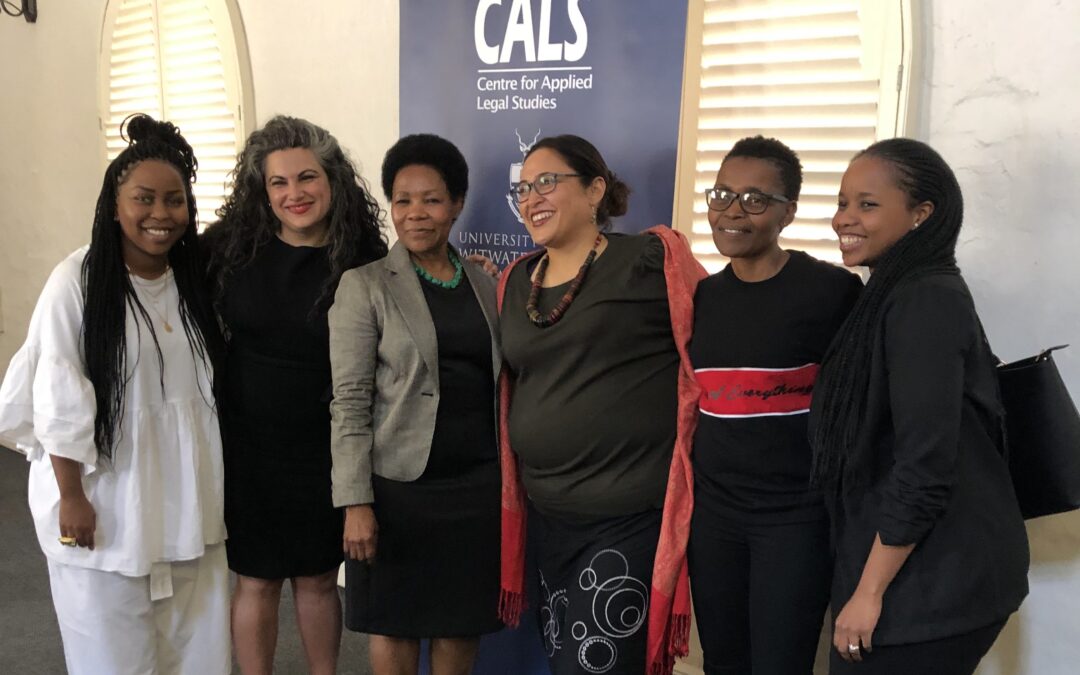
Nov 25, 2019 | Multimedia items, News, Video clips
The ICJ just launched a 15 minute documentary showing contributions by the ICJ and local human rights defenders in bringing the Sexual Offences and Domestic Violence (SODV) Act to pass in Mbabane, Eswatini.
The documentary was launched at an SODV Act media training held with the Cooperation for the Development of Emerging Countries (Cospe) and the Editor’s Forum. The training was aimed at taking a human rights-based approach to understanding the Act, following pushback from those who have expressed the view that parts of the Act are an as an affront to Swazi tradition and culture.
In an effort to combat the various challenges presented by SGBV, the Kingdom of Eswatini introduced the Sexual Offences and Domestic Violence (SODV) Act in 2018. The Act complies with its commitments under international and regional human rights law to fight the scourge of SGBV in the country.
The documentary highlights the way in which the Act is expected to be instrumental in combatting the scourge of sexual and gender-based violence, as well as areas in which it has been contested. The documentary was well-received by participants of the training and opened up an engaging dialogue about its usefulness.
The media is at the forefront of informing public discourse about the Act and it is hoped that this training provided some much-needed clarity around the Act.
Watch the documentary:
Contact
Khanyo Farisè (Legal Associate): e: Nokukhanya.Farise(a)icj.org
Shaazia Ebrahim (Media Officer): e: shaazia.ebrahim(a)icj.org

Nov 5, 2019 | News
The ICJ welcomed today’s ruling of the Court of Justice of the European Union finding that Poland violated the independence of the judiciary by lowering in 2017 the pension age of Polish judges and giving the power to maintain them in office to the Minister of Justice.
The Court also found that the new law creating widely disparate retirement ages between women and men who are ordinary court judges or prosecutors – 60 and 65 respectively – constituted unlawful discrimination
“The Court of Justice has upheld the cardinal principle of the rule of law that the terms of judges cannot be determined controlled on an ad hoc basis by political powers,” said Massimo Frigo, Senior Legal Adviser of the ICJ Europe and Central Asia Programme.
“This judgment confirms that these retirement laws were a direct blow to the principle of separation of powers, the bedrock of the rule of law,” he added.
The Court of Justice held as contrary to the principle of independence of the judiciary under article 19 of the Treaty on the Functioning of the EU as series of laws lowering the age of retirement for ordinary judges, prosecutors and Supreme Court judges from 70 to 65 years for men and 65 to 60 for women. These laws allowed the Minister of Justice to decide which judges are to be reinstated.
“Poland should scrap these laws entirely and reinstate fully the situation of the judiciary prior to their enactment,” Frigo said.
“These laws were but a part of the systemic attack to the independence of the judiciary that the Polish government should stop,” he added.
The ICJ also called on Poland to bring the retirement ages of men and women back into parity.
The case was brought by the European Commission in an infringement proceeding against Poland for violation of the obligation to provide access to justice for EU law violations under article 19 TFEU.
Contact:
Massimo Frigo, Senior Legal Adviser of the ICJ Europe and Central Asia Programme, t: +41 22 979 3805 ; e: massimo.frigo(a)icj.org
More information on Massimo Frigo’s blog

Sep 25, 2019 | News
The Moroccan authorities should immediately and unconditionally release Moroccan journalist Hajar Raissouni and drop all charges against her, says the ICJ.
She was arrested on 31 August 2019, and has been detained since then on charges relating to “extra-marital sexual relations” and, purportedly, having consented to an “illegal abortion”.
Alongside Raissouni, the Moroccan authorities arrested and detained a medical doctor and two medical staff of the clinic where she had undergone medical treatment, and her fiancé. They too should be immediately and unconditionally released and have all charges against them dropped.
Raissouni is a journalist working for the independent daily newspaper Akhbar al-Yaoum. On 31 August, Raissouni and her fiancé were stopped in Rabat as they left the clinic where, according to her lawyers, she had been undergoing treatment for internal bleeding.
Plainclothes police officers questioned the couple about the medical treatment she had been receiving, and accused the journalist of having had an abortion.
After her arrest, Raissouni was forcibly subjected to a vaginal examination. She was then charged with “having an extramarital relationship” and with “consenting to have an illegal abortion”.
“Ms Raissouni’s rights to privacy, to bodily integrity and to be free from torture and other ill-treatment, as well as her rights to liberty and security of person, including her freedom from arbitrary detention, and her right to sexual and reproductive health, have been violated by the very same authorities that are supposed to respect and protect them,” said Said Benarbia, Director of the Middle East and North Africa Programme at the International Commission of Jurists (ICJ).
“She and others detained in connection with this case must be immediately and unconditionally released, the charges against them must be dropped, and their right to an effective remedy, including reparation must be ensured,” he added.
Raissouni, who was questioned after her arrest about her work as a journalist, recently covered mass demonstrations in the Rif region in the North of Morocco, where the protests by the local population were met with police repression.
This raises legitimate concerns over the political nature of the charges and prosecution against her.
On 5 September, the Rabat prosecutor’s office issued a public statement revealing that the results of the so-called medical examination to which Raissouni had been subjected purportedly indicated that she had undergone an abortion. The prosecutor also rejected all accusation that the charges against her were motivated by Raissouni’s work as a journalist.
On 23 September, Raissouni and the other accused, who remain in custody after their request for provisional release was rejected, appeared before the First Instance Tribunal of Rabat where they denied all charges.
Background
In Morocco, abortion is only allowed “if necessary to protect the mother’s health” (article 453 of the Penal Code) and is otherwise publishable with up to two years’ imprisonment and a fine (article 454). Consensual sex out of wedlock is also a criminal offence under article 490 of the Penal Code, punishable with up to one year’s imprisonment. These provisions are not consistent with Morocco’s obligations under international human rights law obligations, including the International Covenant on Civil and Political Rights to which Morocco is a State party.
In its 2019 report Obstacles to Women’s and Girls’ Access to Justice for Gender-based Violence in Morocco, the ICJ urged the Moroccan authorities to amend these provisions in order to recognize one’s right to sexual autonomy, among others, and to facilitate access to safe and legal abortion.
Download
Morocco-Abortion-News-web stories-2019-ARA (full story in Arabic, PDF)

Sep 16, 2019 | Advocacy, News
Antonio Guterres should publicly condemn China’s widespread violations of the rights of its Muslim minority citizens, especially in Xinjiang Province, the ICJ demanded in a joint letter submitted along with Amnesty International, the International Federation for Human Rights (FIDH), Human Rights Watch, and the World Uyghur Congress.
The joint letter urged the UN Secretary-General to call for an end to widespread arbitrary detention of Muslim and minority communities through the immediate closure of Xinjiang’s ‘political education’ camps. Reports by the United Nations and human rights organizations have estimated that more than one million Muslims have been interned in extra-legal ‘political education’ detention camps.
“In the past few years, China’s violations in Xinjiang, including arbitrary detention, ill-treatment, pervasive surveillance and political indoctrination of Turkic Muslims, have intensified, and continue to worsen,” said Sam Zarifi, ICJ’s Secretary General.
“Quiet diplomacy has not worked. Mr. Guterres must exercise the full extent and power of his mandate as leader of the United Nations to demand and ensure protection of the rights of everyone in China, including all individuals in Xinjiang.”
The joint letter urged the UN Secretary-General to publicly support the creation of a UN fact-finding mission to assess the scale and nature of crimes under international law and human rights violations in Xinjiang. It further called on the UN Secretary-General to refrain from unqualified praise of China’s ‘Belt and Road’ Initiative – an investment initiative in which Xinjiang is a centerpiece – and to meet with representatives from the Uyghur community to hear first-hand of their plight.
“China has exerted immense and often inappropriate political pressure on individuals, governments and organizations criticizing its human rights violations,” said Zarifi. “The United Nations must push back against China’s political pressure and provide principled and steadfast leadership to end China’s political and cultural repression, and ongoing human rights violations in Xinjiang.”
Public criticism of China’s actions in Xinjiang has been growing. In August 2018, a member of the UN Committee on the Elimination of Racial Discrimination noted that China’s treatment of its Muslim minority citizens in Xinjiang had turned the region into a “‘no rights’ zone” with individuals being treated as “enemies of the State based on nothing more than their ethno-religious identity”. In March 2019, the UN High Commissioner for Human Rights, Michelle Bachelet, highlighted the need for her office to gain full access to facilitate independent and impartial investigation into ‘wide patterns of enforced disappearances and arbitrary detentions’ in the region. On 10 July 2019, 25 countries issued a joint statement calling on China to refrain from subjecting Uyghurs and other Muslim and minority communities in Xinjiang to arbitrary detention, surveillance and restrictions on freedom of movement.

Aug 14, 2019 | News
Today, ICJ Commissioner and former Constitutional Court Justice Justice Yvonne Mokgoro delivered the Keynote Address on Women’s Socio-Economic Rights at an event organized by ICJ and the Centre for Applied Legal Studies (CALS) at the University of Witwatersrand in Johannesburg.
The event, which marked Women’s Month in South Africa, was aimed at promoting the contributions of women human rights defenders and public interest lawyers in advancing women’s socio-economic rights in South Africa.
Justice Mokgoro, the first black women Justice of the Constitutional Court of South Africa, called on human rights defenders, lawyers and judges to recommit to fighting the feminization of poverty in South Africa.
“The indignities suffered by women exposed to poverty in our country are graphic, trauma-inducing and all encompassing. The dire need of women in our patriarchal society must be addressed,” she said.
With reference to the South African Constitution, the International Convention on Economic, Social and Cultural Rights and the Convention on the Elimination of All Forms of Discrimination Against Women, Justice Mokgoro implored judges and lawyers in particular to “engender” the full range socio-economic rights by defining their content in a manner which takes into account the impact of human rights violations on women and girls.
The event featured a panel discussion , which included remarks by Tumelo Matlwa and Amelia Rawhani-Mosalakae, lawyers at CALS, who identified who a range of legal provisions and banking practices relating to matrimonial property have a disproportionate impact on women’s rights to property.
The presentation concluded that “poverty is a form of economic violence that has a disproportionate effect on women”.
Fatima Shabodien, Strategy Director at Raith Foundation, focused her presentation on sexual harassment faced predominantly by women in the public interest law sector in South Africa.
Quoting from Indian author Arundathi Roy, Shabodien observed that “there is no such thing as the voiceless only the deliberately silenced”.
Women, she added, “have not been silent in this sector they have been deliberately silenced”. She urged human rights defenders and public interest lawyers to take allegations of sexual harassment seriously.
Nonhle Mbuthuma, a community activist from the Amadiba Crisisis Committee described the difficulties of being a women human rights defender: “I am a human rights activist and it is a difficult task. You are called a lot of names for challenging the government.
All the names don’t scare me – my mother gave me only one name”, she said. Referring to a judgment of the High Court affirming her community’s right to free, prior and informed consent before the commencement of a mining development, she concluded: “I am very proud of the Constitution and judges who said we have the right to give consent to [whether] mining [can take place]. Not the government or big companies. The people.”
She emphasized that women were, and continue to be, at the forefront of the struggle for access to land in South Africa.









